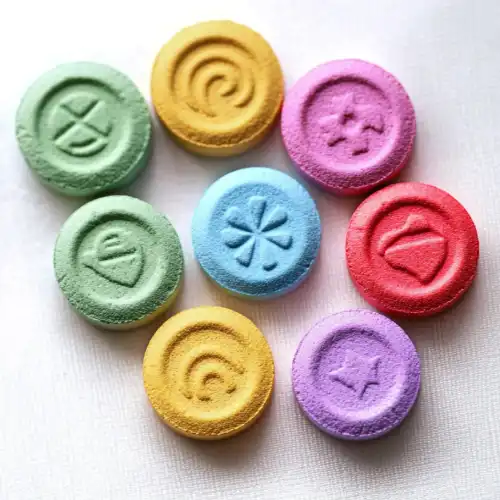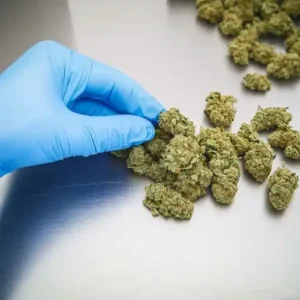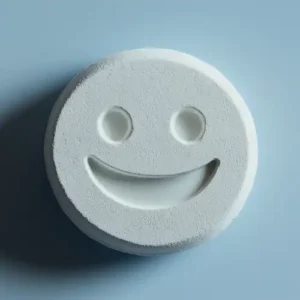A new study from Australia shows how drug checking services can warn more people about unsafe substances. While the UK already has some drug checking through organisations like The Loop, many countries are expanding these services at festivals and health centres. The research offers useful lessons for improving UK drug safety warnings.
Beyond Individual Testing
Drug policy expert Dr Monica Barratt looked at how these services help people beyond just checking what is in their drugs. The findings matter for UK drug services, which often need to warn people about dangerous trends. When people know what is in their drugs, they make safer choices. This helps both the people who check their drugs and others in the community.
Sharing Test Results
The research team spoke to drug users, community groups and health workers about sharing test results. Most backed making this data public, as they felt the benefits outweighed any risks. This mirrors UK debates about expanding drug checking services beyond festivals.
Learning from Other Countries
The Loop, which runs UK drug checking, already shares warnings about dangerous substances found at festivals. But the study suggests we could do more. Other European countries like Switzerland and the Netherlands share detailed information about test results. They remove personal details but let people search results by area or drug type.
Making Information Clear
Many services try to share facts in clear, simple ways. The Netherlands has a traffic light system for drug warnings. Switzerland has three different warning levels. These examples could work well in the UK, where clear health messages are important.
Balancing Openness and Trust
Most people in the study wanted all test results shared, not just the dangerous ones. This helps researchers, doctors and support workers understand what is happening. It also helps people who use drugs know more about the risks. UK harm reduction services could use this approach.
Managing Police Involvement
There are some worries about how police might use the information. While police can learn from drug trends, they should not use the data in ways that make people lose trust in checking services. This matches concerns raised by UK drug support groups.
Getting Warnings Right
The study also looked at drug warnings about unusual or dangerous substances. Some health workers worry that too many warnings might make people stop noticing them. It is also hard to know when something is risky enough to need a warning.
Different countries handle warnings in their own ways. The UK and Spain send about 15 warnings each year. The Netherlands only sends a few. But Switzerland sends hundreds every year using their three-level system.
Reaching Different Groups
Different groups need different ways of getting information. At festivals, warnings in toilet blocks and app alerts work well. But to reach vulnerable people, outreach workers need to spread the message in person. This matches how UK services already work with different communities.
Looking Ahead
Working closely with local groups helps make sure warnings work well in different places. UK drug checking services could expand how they share test results, helping more people stay safe. This might mean working more with local councils, the NHS and harm reduction groups.
The research shows that sharing drug checking results widely could help keep more people safe. But this needs careful planning and must work for different communities. As the UK looks at expanding drug checking services, these findings offer useful ways to share information better.
Photo by Anthony Cunningham for Zoom Testing
Zoom Testing is a leading UK drug testing company and a supplier of Drug Test Kits.





